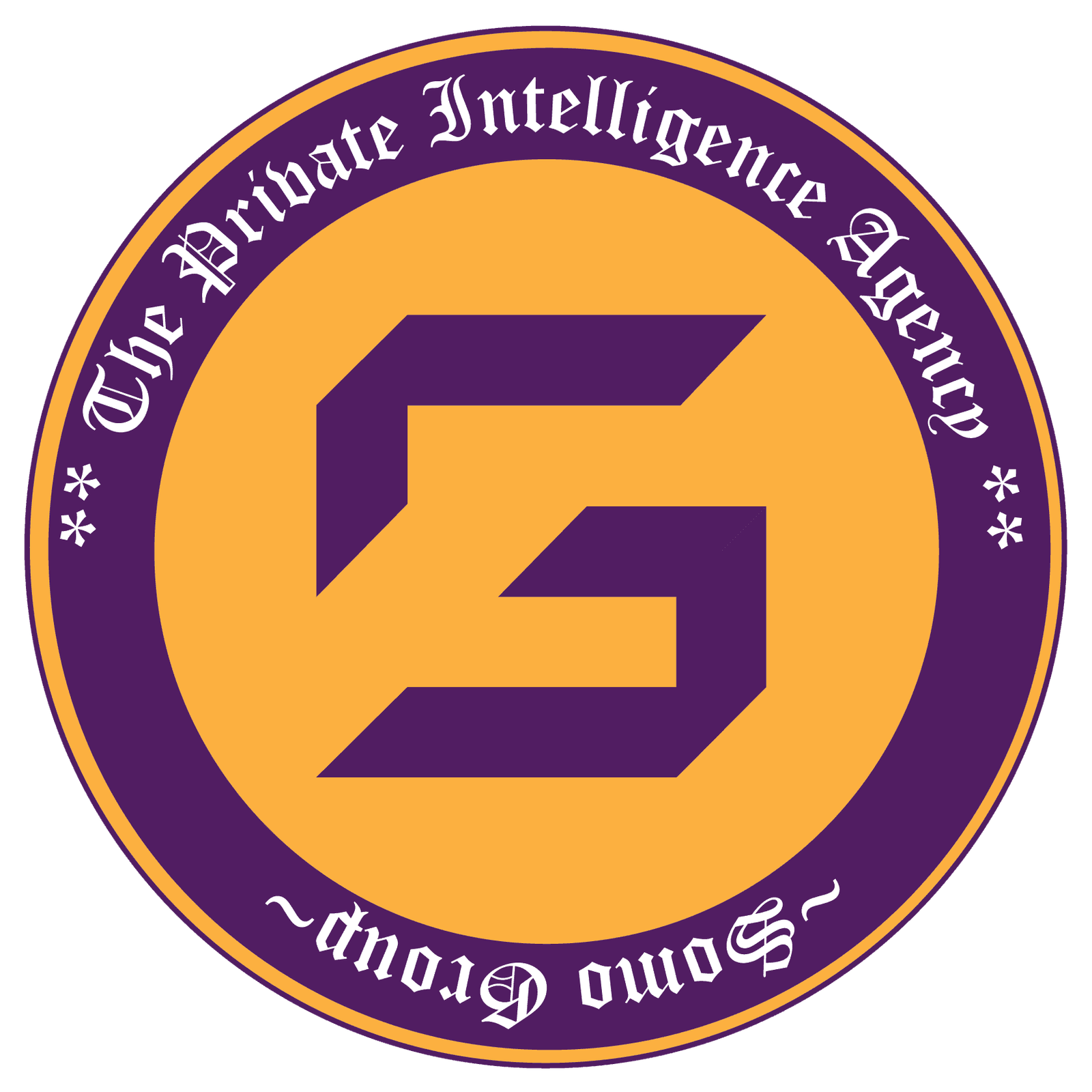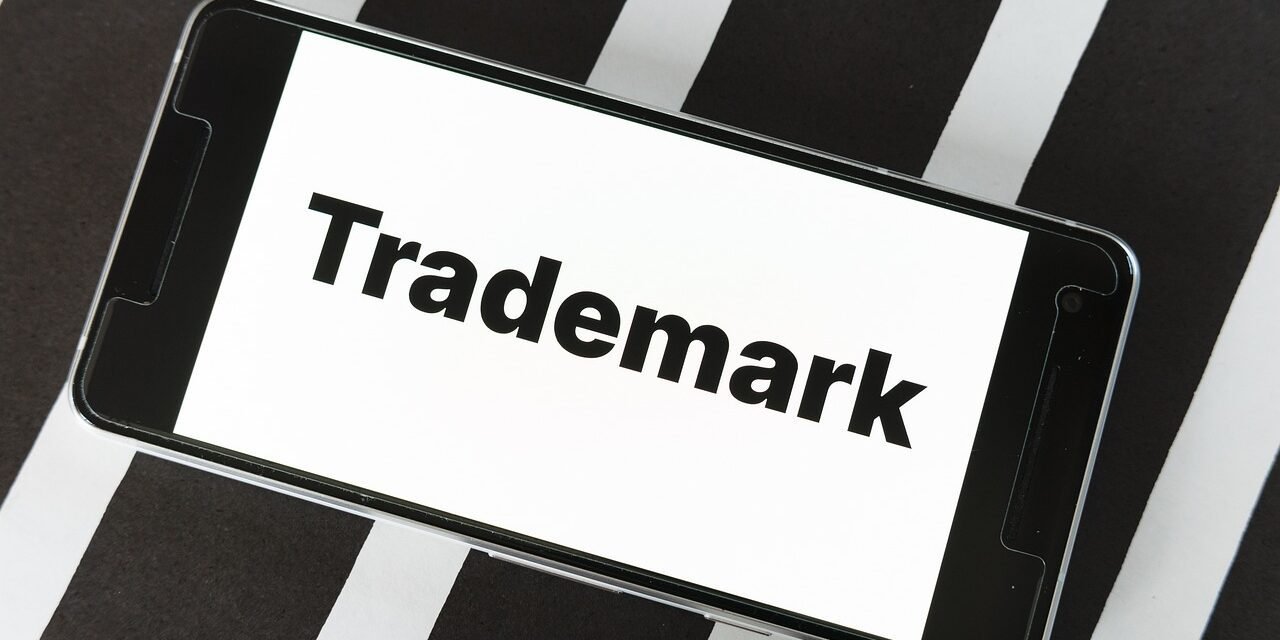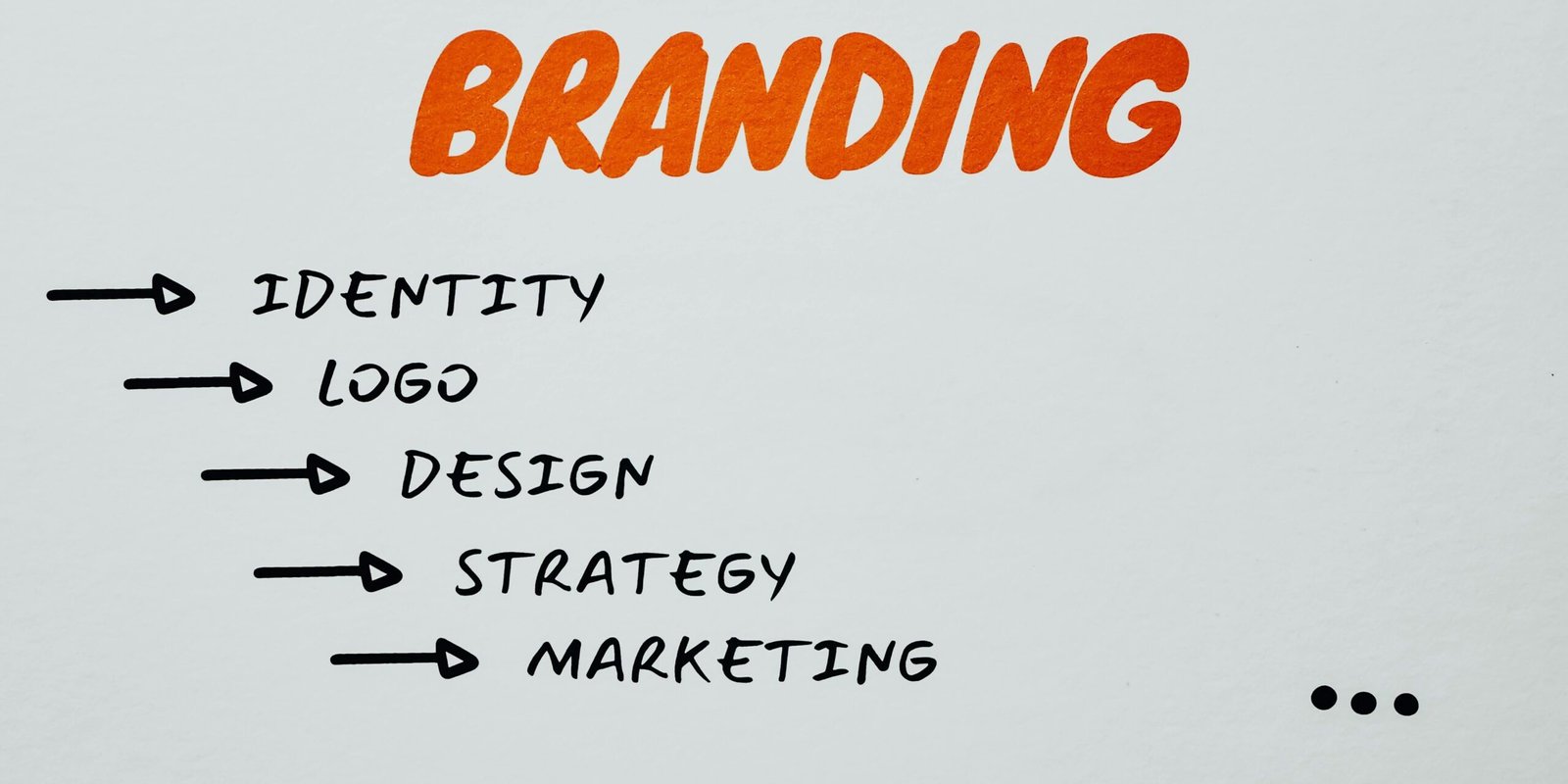How to Conduct a Workplace Investigation
Workplace investigations are essential for maintaining a safe and productive work environment. Whether it’s an allegation of misconduct, harassment, discrimination, or any other workplace issue, conducting a thorough investigation is crucial. In this article, we’ll discuss the steps involved in conducting an effective workplace investigation.
Introduction
Workplace investigations are formal inquiries into allegations of misconduct or other workplace issues. These investigations are crucial for maintaining a safe, fair, and productive work environment.
Preparation for Investigation
Before initiating an investigation, it’s essential to understand why it’s necessary and plan the investigation process accordingly.
Understanding the Need for Investigation
Identify the specific issue or complaint that needs to be investigated. Determine whether the allegation, if true, would violate company policies, laws, or regulations.
Planning the Investigation Process
Create a detailed plan outlining the steps of the investigation process. Define the scope of the investigation, identify key witnesses, and establish timelines.
Assembling the Investigation Team
Select a team of investigators who are impartial and have the necessary skills and expertise to conduct a thorough investigation.
Initial Steps
Once a complaint or suspicion is raised, it’s essential to take immediate action to address the issue.
Receiving a Complaint or Suspicion
Ensure there is a clear process for employees to report complaints or concerns. Promptly investigate any complaints or suspicions raised.
Assessing the Severity of the Issue
Evaluate the seriousness of the allegations and determine whether an investigation is necessary. Consider factors such as the potential impact on the workplace and the credibility of the complaint.
Determining if an Investigation is Necessary
If the complaint or suspicion warrants further inquiry, proceed with a formal investigation. Notify all parties involved about the investigation process while maintaining confidentiality.
Gathering Information
During the investigation, gather all relevant information and evidence to substantiate or refute the allegations.
Collecting Relevant Documents and Evidence
Gather documents such as emails, reports, and records that are relevant to the investigation. Preserve evidence to maintain its integrity.
Interviewing Witnesses and Involved Parties
Interview all relevant parties, including the complainant, the accused, and any witnesses. Conduct interviews in a neutral and confidential manner.
Maintaining Confidentiality Throughout the Process
Ensure that all information related to the investigation is kept confidential to protect the privacy of those involved.
Analysis of Information
Once all relevant information has been gathered, analyze it to determine the facts of the case.
Reviewing Gathered Evidence
Carefully review all evidence collected during the investigation. Look for patterns, inconsistencies, and discrepancies.
Identifying Patterns or Inconsistencies
Identify any trends or patterns that may emerge from the evidence. Look for inconsistencies in witness statements or evidence.
Evaluating Credibility of Witnesses
Assess the credibility of witnesses and the reliability of their statements. Consider factors such as their demeanor, consistency, and potential biases.
Making Findings
Based on the evidence gathered, make findings regarding the allegations.
Drawing Conclusions Based on the Evidence
Based on the evidence, determine whether the allegations are substantiated or unsubstantiated. Document your findings thoroughly.
Documenting Findings Accurately
Prepare a comprehensive report documenting the investigation process, findings, and conclusions. Ensure that the report is clear, concise, and objective.
Identifying any Policy Violations or Legal Issues
If policy violations or legal issues are identified during the investigation, take appropriate action to address them.
Taking Action
Once the investigation is complete, take appropriate action based on the findings.
Implementing Corrective Measures
If policy violations are found, take appropriate disciplinary action, such as counseling, training, or termination.
Communicating Findings to Relevant Parties
Communicate the findings of the investigation to all relevant parties. Ensure that all parties are informed of the outcome and any actions that will be taken.
Monitoring the Situation to Prevent Recurrence
Monitor the situation closely to ensure that the issue is fully resolved and to prevent similar incidents from occurring in the future.
Conclusion
Workplace investigations are essential for maintaining a safe, fair, and productive work environment. By following a thorough and systematic investigation process, employers can ensure that workplace issues are addressed promptly and effectively.
FAQs
1. Why are workplace investigations important?
Workplace investigations are important for identifying and addressing issues such as misconduct, harassment, discrimination, and other workplace issues.
2. Who should conduct a workplace investigation?
Workplace investigations should be conducted by impartial and skilled investigators who have the necessary expertise to conduct a thorough and fair investigation.
3. How long does a workplace investigation take?
The duration of a workplace investigation can vary depending on the complexity of the issue and the amount of evidence that needs to be gathered.
4. What should be included in a workplace investigation report?
A workplace investigation report should include details of the complaint, a summary of the investigation process, findings, conclusions, and any recommended actions.
5. What are the potential consequences of not conducting a workplace investigation?
Failing to conduct a workplace investigation can result in ongoing workplace issues, decreased employee morale, and potential legal liabilities for the employer.
- 60 views





